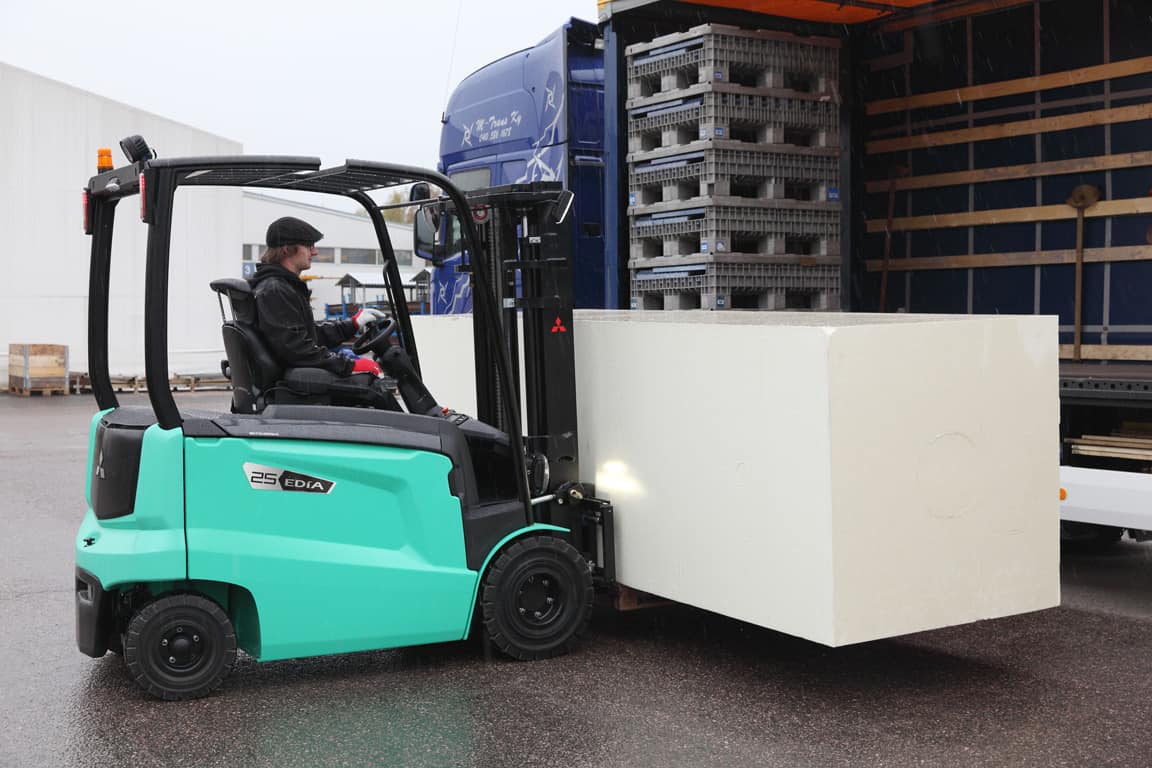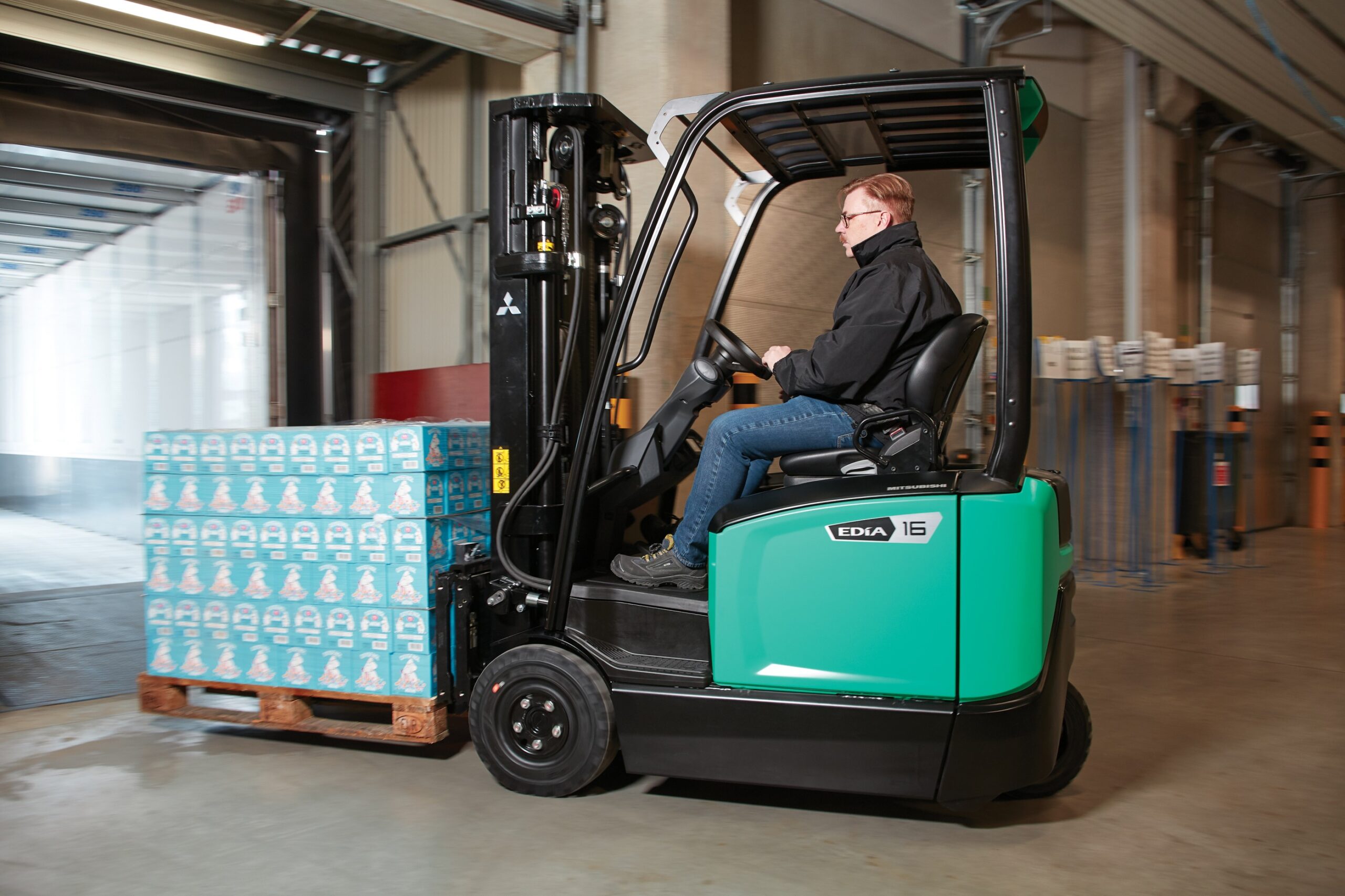When selecting the correct type of forklift, one of the most essential choices you have to make is between electric and diesel. Both have their own features, but that really depends on where or how you plan to use one. Electric forklifts have made significant strides and are renowned for being quiet and producing zero emissions, making them ideal for indoor use. Diesel forklifts, however, are the heavy hitters in terms of power and endurance, and are often selected for heavier outside applications.
Knowing how these two differ can save you time, money, and a possible headache later on. So, whether you’re in charge of a bustling warehouse or overseeing a construction site, it’s certainly worth considering which type of forklift would be best suited for you.
Overview of Electric Forklifts
Electric forklifts are powered by rechargeable batteries, typically lithium-ion or lead-acid. That means no fuel tanks, no diesel fumes, and far less noise than diesel models. They’re a popular option in indoor environments, such as warehouses, factories, and retail distribution centres, where air quality and low noise are a concern.
One of the many benefits of electric forklifts is that they are smooth to operate and very quiet. There’s no engine rumble, and acceleration is usually more controlled, which can matter in tight or crowded spaces. They are also cheaper, in the long run, to operate. Electricity is generally less expensive than diesel, and with fewer moving parts, maintenance is typically more affordable and less frequent.
Electric models can be a bit more expensive upfront, however. You will also need to consider charging time and battery life. If you’re operating long shifts or need forklifts to remain in constant use, managing charging cycles (or having substitute batteries on hand) becomes an essential aspect of planning.
Yet, to many businesses, the reduced operational costs, cleaner operation, and indoor compatibility make electric forklifts a rational, future-proof alternative.
Overview of Diesel Forklifts
Most diesel forklifts were developed for durability and long-lasting power. They are all diesel engine-driven and have significant amounts of torque, which they apply to heavy lifting tasks, such as those often required on rough outdoor terrain and uneven surfaces. If you lug heavy yardage around a few acres or move serious weight all day long, you’re usually going to want diesel.
The absence of the need to recharge is one of its best-selling points. Refuel, and your refreshed forklift is good to go again, perfect for jobs where downtime isn’t an option. They generally have a higher lifting capacity than electric models, making them ideal for transferring larger loads.
However, some trade-offs come with that power. Diesel forklifts emit emissions, so they’re not suitable for indoor use unless the space is well-ventilated. They’re also noisier, and over time, the costs of fuel and maintenance begin to add up. With diesel equipment, you get oil changes, engine service and parts replacement all rolled into one.
If you need a forklift that can handle challenging work in the open air and keep running all day without needing a break for recharging, diesel is a rugged and reliable choice.
Pros and Cons Comparison Table
| Criteria | Electric Forklifts | Diesel Forklifts |
| Upfront Cost | Higher initial cost | Typically lower initial cost |
| Running Costs | Lower (Electricity is cheaper; fewer moving parts) | Higher (Diesel fuel and more engine maintenance) |
| Emissions | Zero emissions (Great for indoor use) | Produces exhaust emissions |
| Noise Levels | Quiet operation | Noisy engine |
| Lifting Capacity | Good, but often lower than diesel | Excellent for heavy-duty lifting |
| Indoor Use | Ideal as no fumes, quiet and compact | Not recommended unless space is well ventilated |
| Outdoor Use | Can be limited (Depends on terrain and battery life) | Perfect for rough terrain and outdoor environments |
| Maintenance | Lower (Fewer parts to service) | Higher (Regular servicing and engine upkeep required) |
Both types have their strengths. Electric forklifts are clean and efficient for indoor work, while diesel models bring raw power and endurance to outdoor jobs. The right fit depends on your setting, workload, and long-term priorities.
Situational Suitability: Which is Right for You?
So, which one should you choose – the electric or the diesel forklift? The real issue is what you will be doing with it and where.
If you’re working the majority of the time indoors, say, in warehouses, factories, or retail settings, electric forklifts are generally the way to go. They’re also clean, quiet and manoeuvrable in tight spaces. Additionally, they help you maintain indoor air quality standards as well. And by the way, the reduced operating and maintenance costs start adding up over time, particularly if you’re running them daily.
Conversely, if you’re working outside, on rough terrain, or handling heavy goods, diesel forklifts are pretty hard to beat. They provide extra power and longer run times, allowing them to work all day with only a short refuel. They’re particularly invaluable on building sites, in timber yards, or any other place that requires considerable muscle and stamina.
You will also want to consider your long-term career goals. Electric forklifts may cost more upfront, but they are generally cheaper to operate and maintain. Diesel versions may be more affordable upfront, but fuel and service costs could add up over the long term.
In short:
- For indoor, lighter-duty, and lower noise needs: Go electric.
- For outdoor, heavy-duty, and all-day performance: Go diesel.
Still not sure? It’s worth speaking with a forklift supplier who understands your business and can recommend the best solution for your day-to-day operations.
Compliance, Sustainability, and Future Trends
The use of forklifts in the UK is subject to specific regulations. You must have Lifting Operations and Lifting Equipment Regulations inspections annually, and your operators must be trained and licensed in the first place according to HSE’s L117 guidelines, ignorance of which could land you fines of up to £20,000.
And when it comes to sustainability, everyone is pushing for greener operations. Diesel forklifts must comply with EU Stage V emission standards, and many businesses are targeting net-zero emissions by 2030. Therefore, switching to electric forklifts not only slashes CO₂ emissions but also reduces noise and improves indoor air quality.
Technology is also racing ahead. Lithium-ion batteries are driving full shifts and recharging faster, and telematics / IoT monitoring provides visibility to usage, anticipated maintenance needs, and return on investment. You are resting your workforce, and your business will be back up and running faster. And in the future, hydrogen fuel-cell forklifts and self-driving electric models are on the way, particularly for frigid or outdoor settings where battery power is diminished.
If you’re considering your next forklift investment, consider compliance now and future-proofing the decision. Fresh legislation, sustainability targets, and advancing technology mean it pays to be ahead of the curve, particularly if you want to avoid penalties, enhance your green credentials, and foster smarter, safer operations.
Conclusion
An electric vs diesel forklift decision isn’t a matter of which one’s ‘better’ than the other, it’s about which one is best for you. If you need to work inside where emissions and noise are a concern, opt for one of our electric models. If you prefer high levels of power and performance across uneven terrain, the diesel forklift machine is sure to impress. Consider your day-to-day operations, long-term costs, and how sustainability aligns with your goals. And the beauty is that if you can’t make up your mind, we can help guide you to match you with the right machine for your setup. Picking the right one now can save you time, money, and hassle later.








